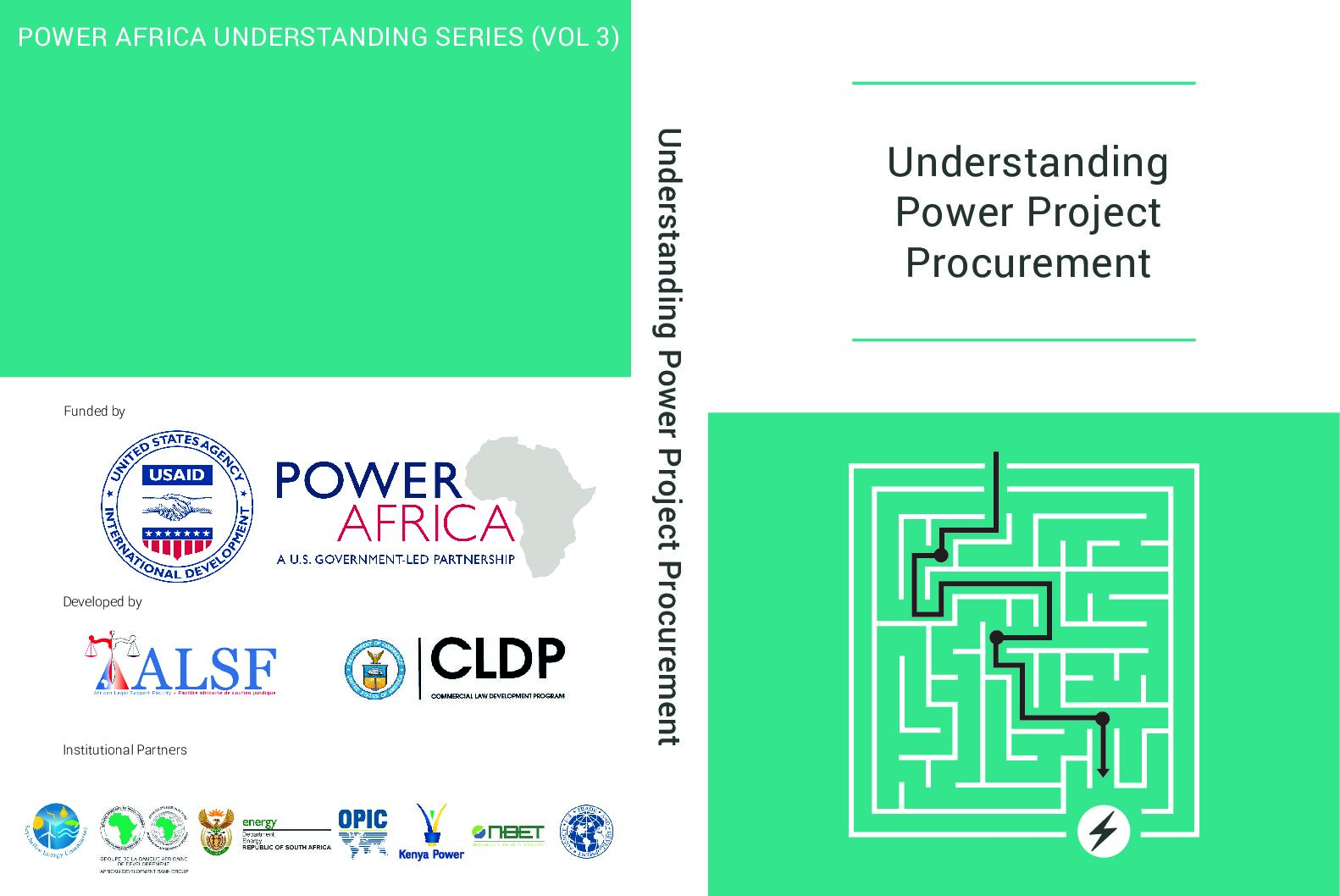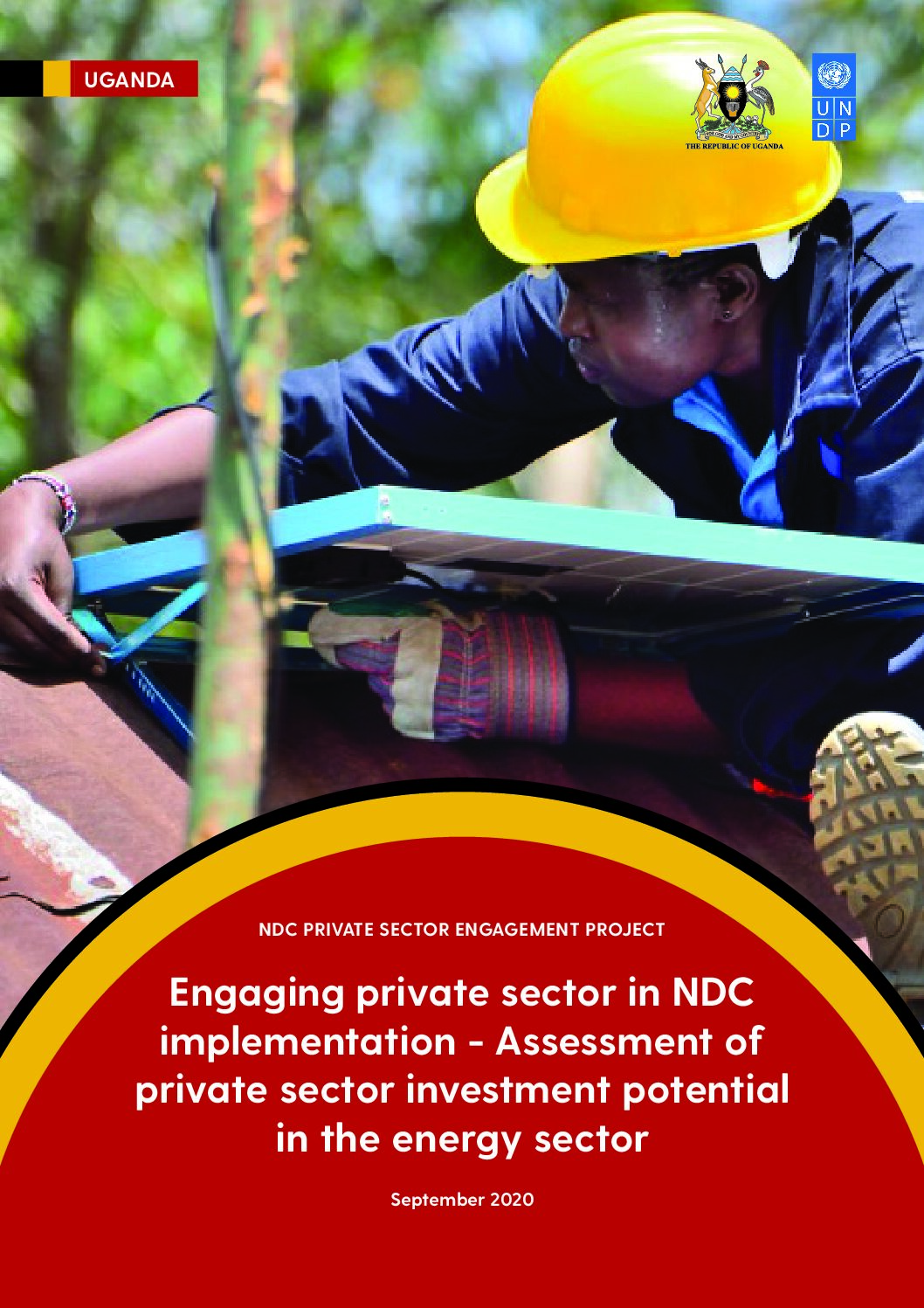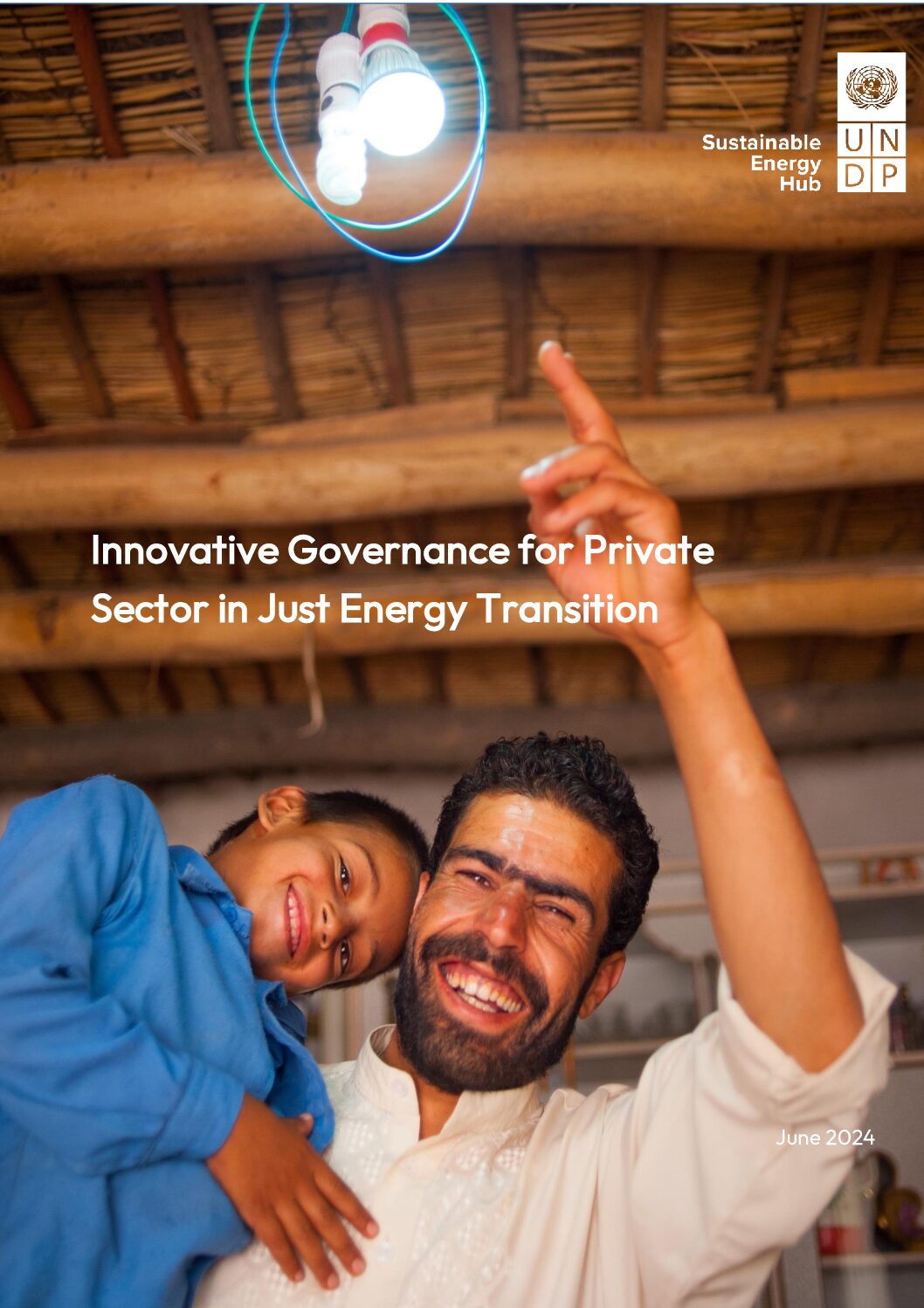This report highlights the importance of sector coupling as a key source of flexibility that cities can explore to stabilise power grid operations when integrating high shares of variable renewable energy sources. It presents a range of sector coupling opportunities available for use in cities, including self-consumption of variable RE sources, the role of thermal […]
The Global Innovation Hub aims to promote transformative innovations for a low-emission and climate-resilient future.
This handbook is provides an overview of the mechanisms and strategy behind successful Power Project Procurements, and provides advice for both governments and the private sector on ways to cooperate succesfully.
This guidebook summarizes a broad range of policy and financial instruments that governments can implement to foster the development of the interconnected mini-grid market, driven by the private sector.
This report highlights the economic, social and environmental benefits that energy and transport sector-coupling and a transition towards EV- and RE-based, efficient systems can create in small island settings, and provides tools for the planning of such a transition.
Derisking Renewable Energy Investment (DREI) introduces an innovative, quantitative framework to assist policymakers in developing countries to cost-effectively promote and scale-up private sector investment in renewable energy.
This report presents the results of a modeling exercise projecting the effects of different energy transition scenarios on Uganda’s economy.
This report estimates the private sector investment potential for delivering NDC sectoral targets in Uganda’s energy sector.
This brief discusses the fundamentals of private sector engagement in development cooperation and provides good practice case studies.
This report explores how governments can catalyze the private sector’s role in ensuring a sustainable and just energy transition.








